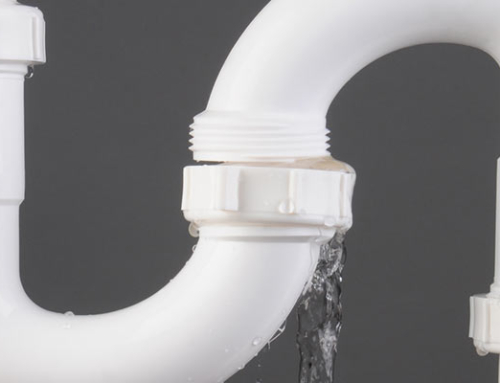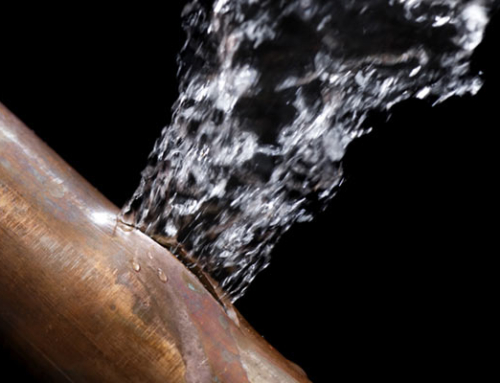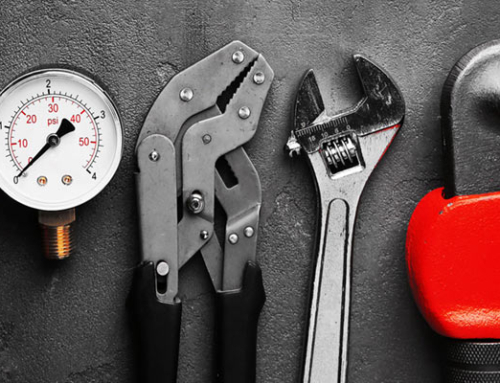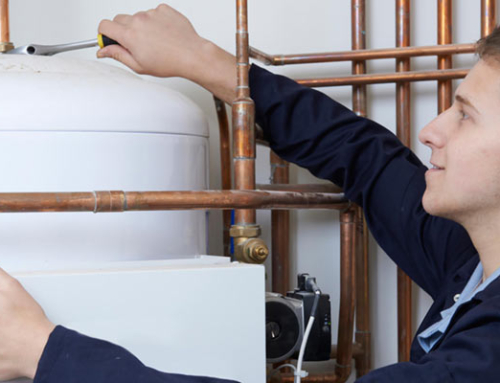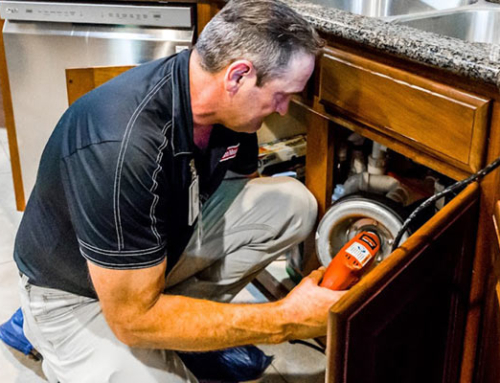Whether you’re considering a tankless water heater or traditional tank hot water heaters, each option comes with pros and cons. Thus, choosing the right hot water heaters for your family will be a huge decision that has long-term impacts on your family and your energy bills.
Types of Water Heaters
When it comes to choosing a water heater for your home, you have two main types to consider: tankless water heaters and tank water heaters. Each type has its own set of advantages and disadvantages, so it’s important to understand how they work and what factors to consider when making your decision.
Tankless Water Heaters
Tankless water heaters, also known as on-demand water heaters, heat water directly without the use of a storage tank. When you turn on a hot water tap, cold water flows into the unit and is heated by a gas burner or an electric element. As a result, tankless water heaters provide hot water instantly and only for as long as it is needed.
There are several advantages to using a tankless water heater. Firstly, they provide a continuous supply of hot water, eliminating the need to wait for a storage tank to refill. Additionally, tankless water heaters are more energy-efficient compared to tank water heaters because they don’t have to constantly heat a large volume of water. This can lead to significant cost savings on your energy bills. Lastly, tankless water heaters are compact in size, making them ideal for homes with limited space.
Despite their numerous advantages, tankless water heaters also have some drawbacks. The initial cost of purchasing and installing a tankless water heater is higher compared to a tank water heater. Additionally, some models may struggle to provide hot water simultaneously to multiple outlets in larger households. Furthermore, the flow rate of hot water may decrease if the demand exceeds the unit’s capacity.
Tank Water Heaters
Tank water heaters, as the name suggests, store and heat a large amount of water in a tank. The heated water is then available for use whenever needed. The tank is insulated to maintain the water’s temperature until it is ready to be used.
One of the main advantages of tank water heaters is their lower initial cost compared to tankless models. They are also capable of providing hot water to multiple outlets simultaneously without any decrease in flow rate. Additionally, tank water heaters are generally reliable and have been used in homes for many years.
The main disadvantage of tank water heaters is that they continuously heat and store water, which can lead to standby heat loss and higher energy consumption. This not only affects your energy bills but also makes them less environmentally friendly. Furthermore, since tank water heaters have a limited storage capacity, you may run out of hot water if the demand exceeds the tank’s size.
Choosing the Right Water Heater
When choosing a water heater for your home, there are several factors you should consider. These include energy efficiency, capacity, cost, and brand reputation. By evaluating these considerations, you can make an informed decision that meets your specific needs.
Energy efficiency is an important factor to consider when choosing a water heater. Look for models that are Energy Star certified, as they meet strict energy efficiency standards. Tankless water heaters are generally more energy-efficient than tank models, but newer tank water heaters with improved insulation and energy-saving features can also be a good choice.
Consider the hot water demand in your household to determine the appropriate capacity for your water heater. Tankless water heaters provide a continuous supply of hot water, while tank water heaters store a specific amount of hot water. Evaluate the number of bathrooms and occupants in your home to ensure the chosen water heater has sufficient capacity.
While the initial cost of a water heater is important, it’s also essential to consider the long-term costs. Tankless water heaters may have a higher upfront cost, but their energy efficiency can lead to significant savings on your utility bills over time. On the other hand, tank water heaters generally have a lower initial cost, but the cost of operating them may be higher.
Common Water Heater Problems
Even with proper maintenance and professional installation, water heaters can experience problems. Here are some common issues you might encounter:
Leaking: Leaking is a common problem that can occur in both tankless and tank water heaters. Leaks can be caused by issues such as a faulty pressure relief valve, corrosion, or loose connections. It’s important to address leaks promptly to prevent further damage and water waste.
No Hot Water: If you’re not getting any hot water, there may be several causes. The heating element or gas burner could be malfunctioning, the thermostat may need adjustment, or there may be a problem with the power supply. It’s best to contact a professional plumber to diagnose and resolve the issue.
Strange Noises: Unusual noises coming from your water heater, such as popping, rumbling, or banging sounds, could indicate a buildup of sediment in the tank. Over time, sediment can affect the efficiency and lifespan of your water heater. Flushing the tank regularly can help minimize this problem.
Pilot Light Issues: For gas-powered water heaters, a common issue is the pilot light going out or failing to stay lit. This can be caused by a faulty thermocouple or a buildup of dirt and debris in the pilot assembly. A professional plumber can safely relight the pilot or replace the necessary components.
Water Heater Maintenance
Regular maintenance is crucial to ensure the longevity and efficiency of your water heater. Here are some maintenance tasks you should perform:
- Flushing the Tank: To remove sediment and mineral buildup, it’s important to flush the tank periodically. This can be done by attaching a hose to the drain valve and allowing the water to flow out until it runs clear. Flushing the tank can improve energy efficiency and prevent problems like strange noises and reduced heating performance.
- Replacing Anode Rod: An anode rod is a sacrificial component that helps prevent corrosion inside the tank. Over time, the anode rod will deteriorate and require replacement. A professional plumber can inspect and replace the anode rod if necessary, extending the lifespan of your water heater.
- Insulating the Tank: Insulating your water heater tank can help reduce standby heat loss, saving you money on energy bills. Insulation blankets specifically designed for water heaters can easily be installed by a professional plumber, ensuring proper coverage and safety.
When it comes to hot water heaters, it’s important to choose the right type of water heater based on your specific requirements and preferences. Tankless water heaters offer instant hot water and energy efficiency, while tank water heaters provide a reliable supply of hot water for larger households. Consider factors such as energy efficiency, capacity, cost, and brand reputation when making your decision.
For professional installation, repairs, and maintenance, it’s recommended to contact a reputable plumbing company like John Moore Services. Our experienced technicians can handle all your water heater needs and ensure a safe and efficient o

